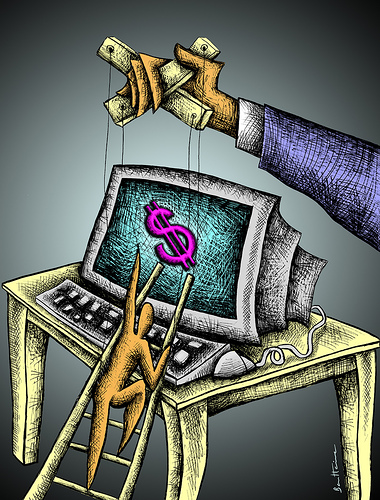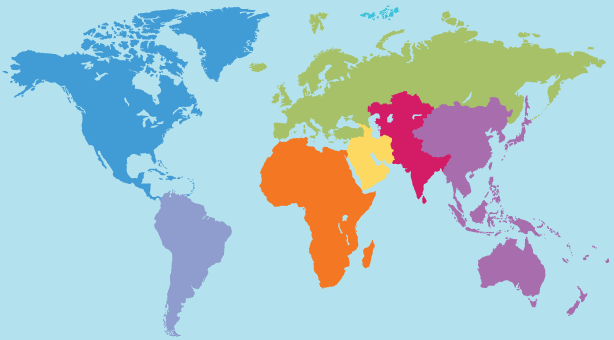Digital Divide and political impacts
Another important aspect to consider is the political conditions of nation that affects the internet diffusion within the nations. There are not many cross-national empirical researches done on the relationship between political impacts on Internet connectivity, but there are certainly strong correlations exist as the IT plays important role in organizing and mobilizing specific social groups. Internet is notably influential tools in building and strengthening "participatory democracy". (Robison, and Crenshaw 36) Internet can develop strong interaction between the government and the citizens, provides the citizens with power that can influence over the governments. Therefore the "political openness" has strong impacts on promoting and supporting Internet diffusion. For example, the country with more open and liberal government would encourage the participation of citizens and the freedom of opinions presented online communities, as well as allows and respect more "telecommunication privatization" (Robison, and Crenshaw 42); whereas nations that have strong restrictions on freedom of citizens like China, would promote strict surveillance and censorship on Internet and other telecommunication usage to prevent any threats on their political power and values. Therefore, we would expect that countries with higher level of capitalization and democracy would have large amount of Internet capacity but countries with political conflicts or restricted environments have less Internet promotion and support which results less internet usage rates.


